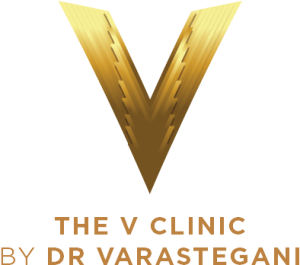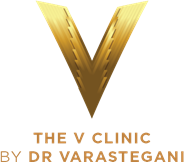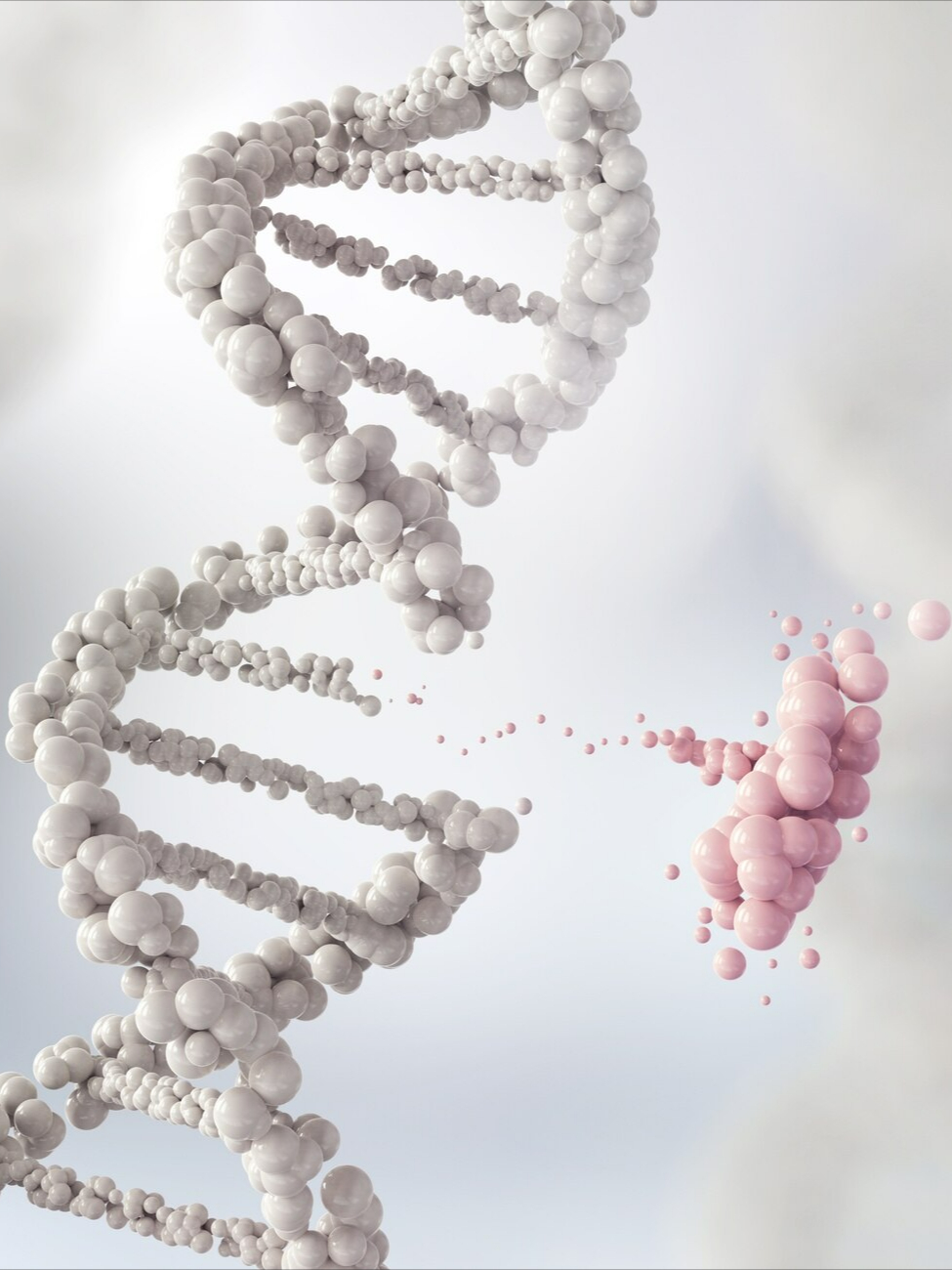Wellness Support for Cancer Recovery & Chronic Conditions
🧬 Personalized Data for Informed Nutrition
We offer science-guided nutrition and lifestyle insights to support those living with or recovering from chronic conditions. Programs are built on your DNA, blood biomarkers, and food sensitivity data.
🍽️ Conditions We Commonly Support:
✅ Cancer Recovery
- Nutrient-dense guidance for energy and immune support
- Food strategies for digestive comfort post-treatment
✅ Chronic Wellness Focus
- Blood sugar balance
- Cardiovascular and inflammatory support
- Autoimmune and thyroid tendencies
- Hormonal, gut, and fatigue management
👥 A Dynamic, Personalised Experience
We help clients understand lab data, adapt plans, and discuss findings with healthcare providers.
🌟 Measurable Change, Real Empowerment
Clients report better energy, digestion, and confidence through data-informed support.


